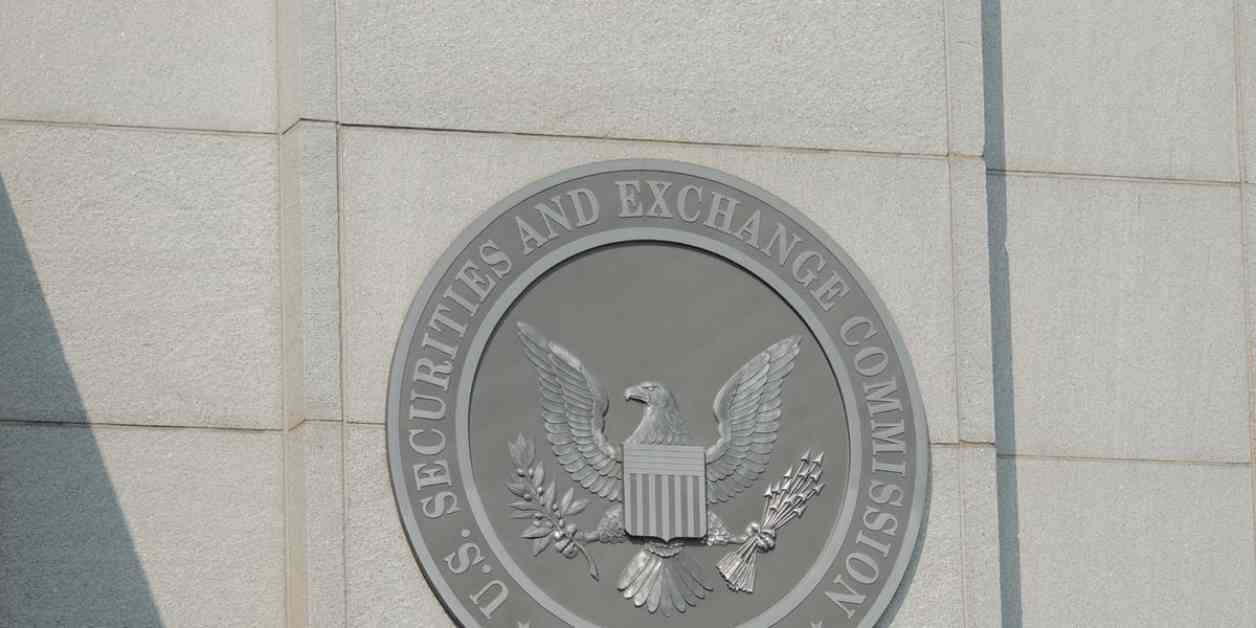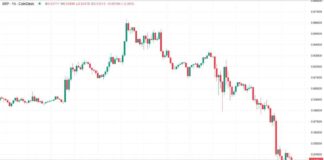Rari Capital, a decentralized finance lending platform, recently reached a settlement with the U.S. Securities and Exchange Commission (SEC) regarding charges of operating as an unregistered broker, offering unregistered securities, and misleading investors. The SEC alleged that Rari Capital and its co-founders, Jai Bhavnani, Jack Lipstone, and David Lucid, violated federal securities laws by selling interests in their Earn and Fuse pools, as well as the Rari Governance Token. These pools were described as functioning like crypto asset investment funds, but the SEC found that the automatic rebalancing process touted by the co-founders was actually manual, and investors did not always receive the promised returns.
In addition to misleading investors about the rebalancing process, Rari Capital and its co-founders were also accused of overstating the annual percentage yield that investors could earn, failing to disclose various fees, and ultimately resulting in a significant percentage of Earn pool investors losing money on their investments. The SEC further alleged that Rari offered unregistered broker services through the Fuse platform.
As part of the settlement agreement, Rari’s co-founders agreed to fines and five-year officer-and-director bans, pending court approval. Neither the co-founders nor Rari admitted or denied the allegations, as is standard practice in such cases. Rari Capital Infrastructure, which took over from Rari in 2022, also settled unregistered securities and broker charges, agreeing to a cease-and-desist order.
“We will not be deterred by someone labeling a product as ‘decentralized’ and ‘autonomous,’ but instead will look beyond the labels to the economic realities, as we did here, and hold the individuals behind crypto products and platforms accountable when they harm investors and violate federal securities laws,” said SEC San Francisco Regional Office Director Monique Winkler in a statement.
This settlement was not Rari Capital’s first encounter with controversy, as the platform previously suffered a $15 million hack in ether earlier in 2021.
The SEC’s actions against Rari Capital and its co-founders serve as a reminder of the regulatory scrutiny faced by the decentralized finance (DeFi) industry, which has seen rapid growth in recent years. As DeFi platforms continue to innovate and attract investors, regulatory compliance and investor protection remain key considerations for operators in the space.
Impact on the DeFi Industry
The SEC’s settlement with Rari Capital and its co-founders may have broader implications for the DeFi industry as a whole. While DeFi platforms offer decentralized and autonomous financial services, they are not immune to regulatory oversight. As the industry matures, regulators are increasingly scrutinizing DeFi projects for compliance with securities laws and investor protection measures.
The Rari Capital case highlights the importance of transparency and accountability in the DeFi space. Investors should conduct thorough due diligence before participating in DeFi projects, ensuring that they understand the risks involved and the regulatory environment in which the platform operates. By promoting responsible practices and regulatory compliance, DeFi platforms can build trust with investors and regulators, encouraging sustainable growth in the industry.
Lessons Learned
The SEC’s enforcement action against Rari Capital and its co-founders serves as a cautionary tale for DeFi platforms and investors alike. The case underscores the importance of regulatory compliance, transparency, and investor protection in the rapidly evolving DeFi landscape.
For DeFi platforms, the Rari Capital settlement highlights the risks of operating in a regulatory gray area and the potential consequences of non-compliance with securities laws. By prioritizing regulatory compliance and implementing robust investor protection measures, DeFi projects can mitigate legal risks and build trust with stakeholders.
For investors, the Rari Capital case underscores the need for due diligence and risk assessment when participating in DeFi projects. While DeFi offers opportunities for high returns and financial innovation, investors should be aware of the potential risks and regulatory challenges associated with the space. By conducting thorough research and seeking guidance from legal and financial experts, investors can make informed decisions and protect their assets in the DeFi ecosystem.
In conclusion, the SEC’s settlement with Rari Capital and its co-founders underscores the importance of regulatory compliance, transparency, and investor protection in the DeFi industry. As the regulatory landscape evolves, DeFi platforms and investors must navigate a complex regulatory environment to ensure sustainable growth and responsible innovation in the decentralized finance space.

















